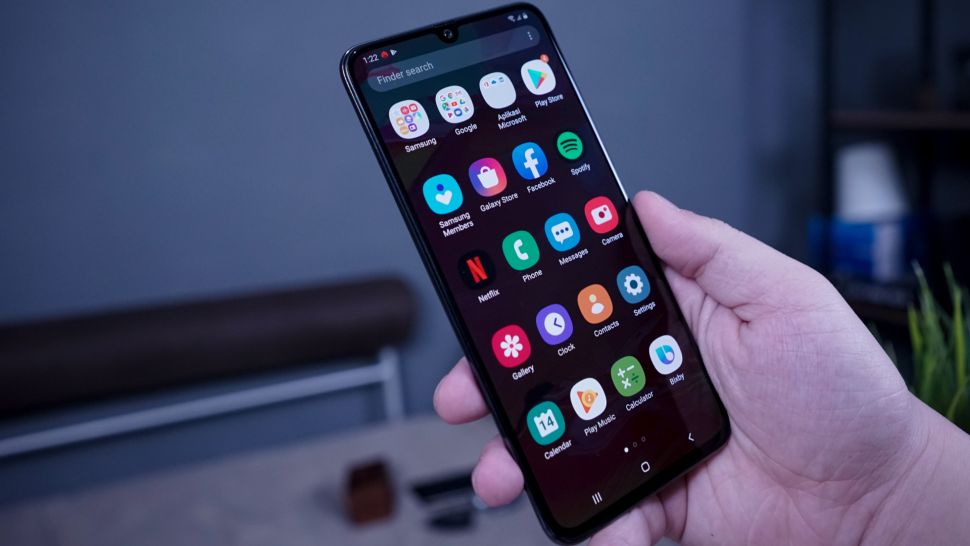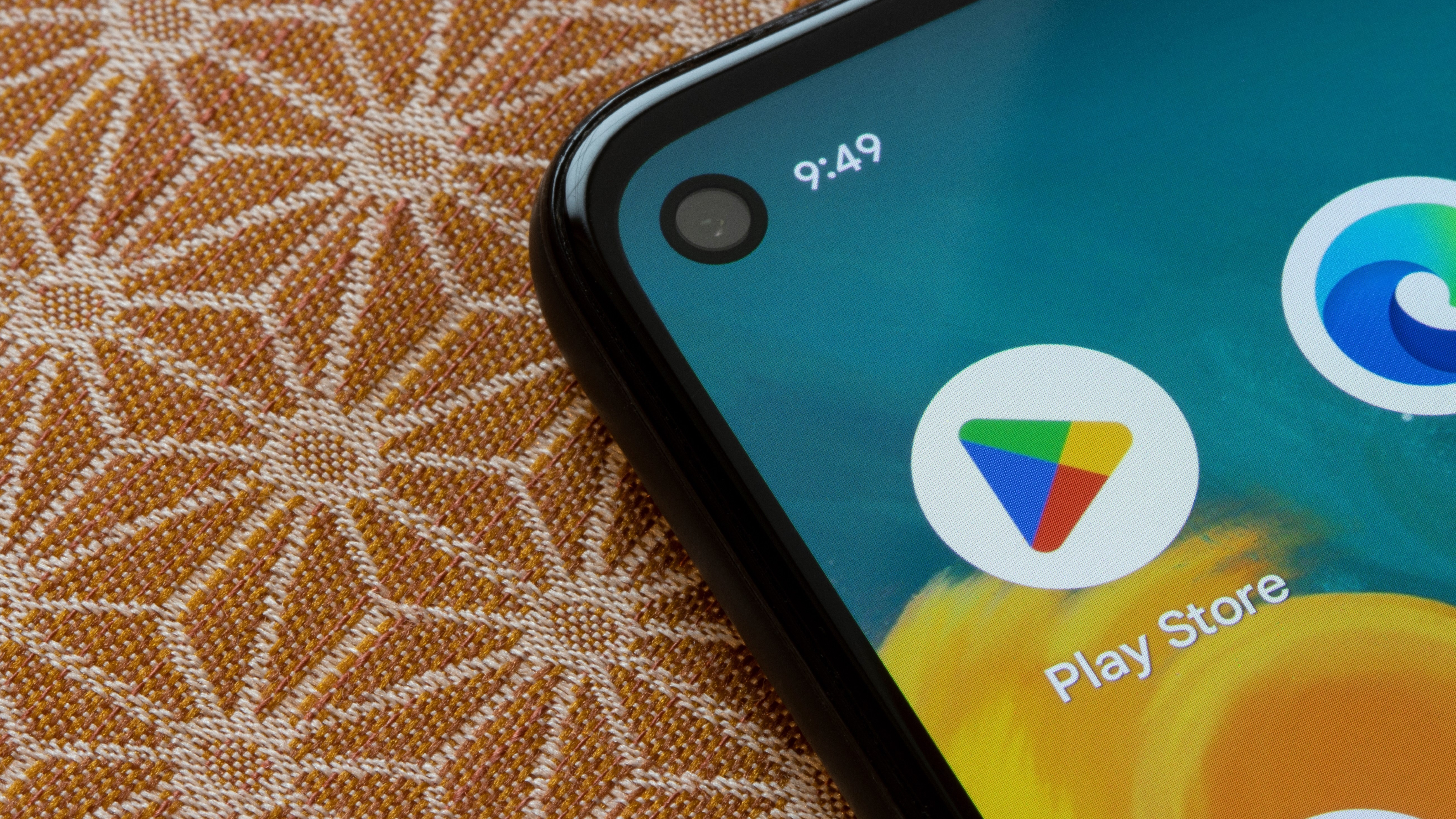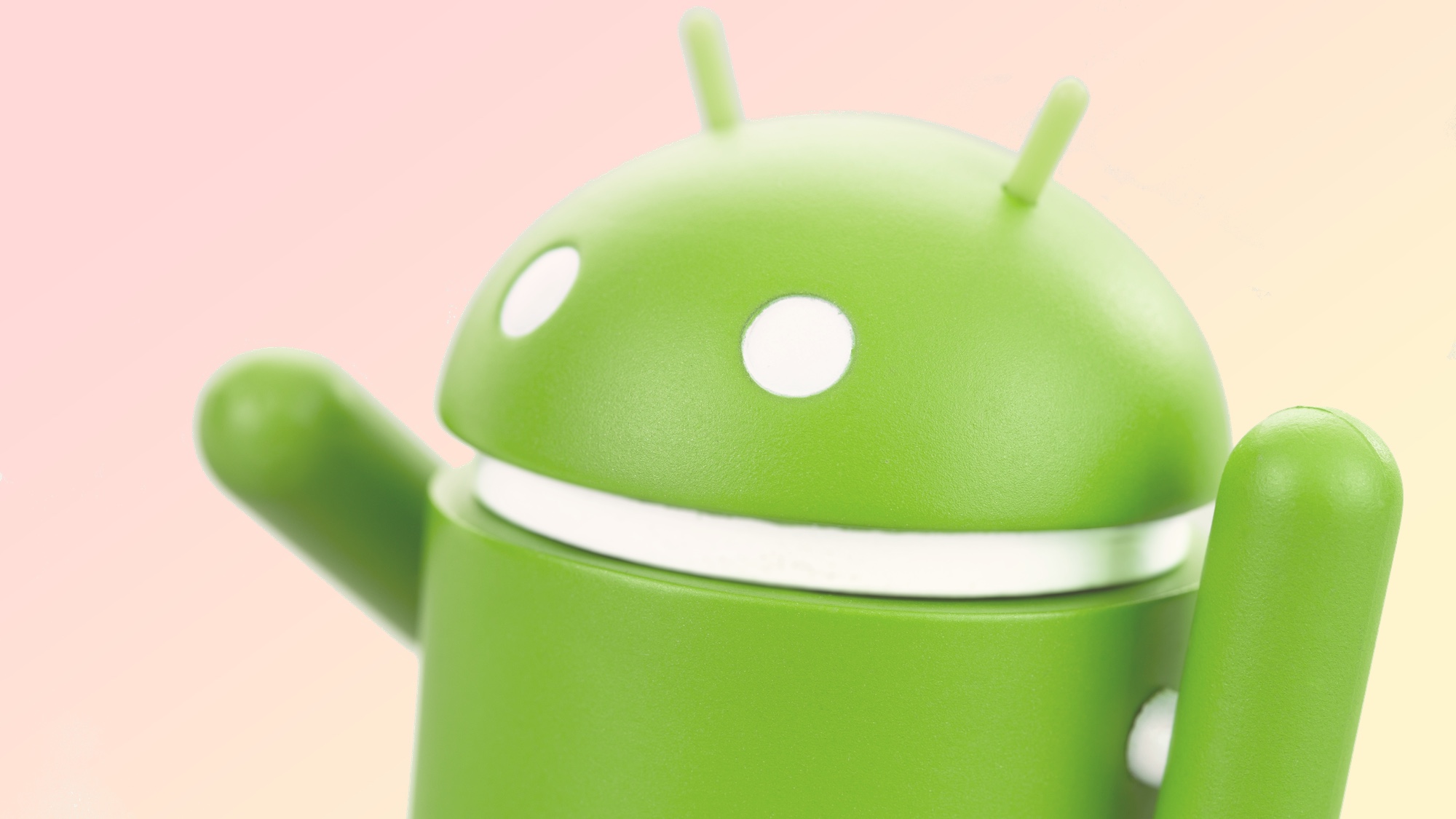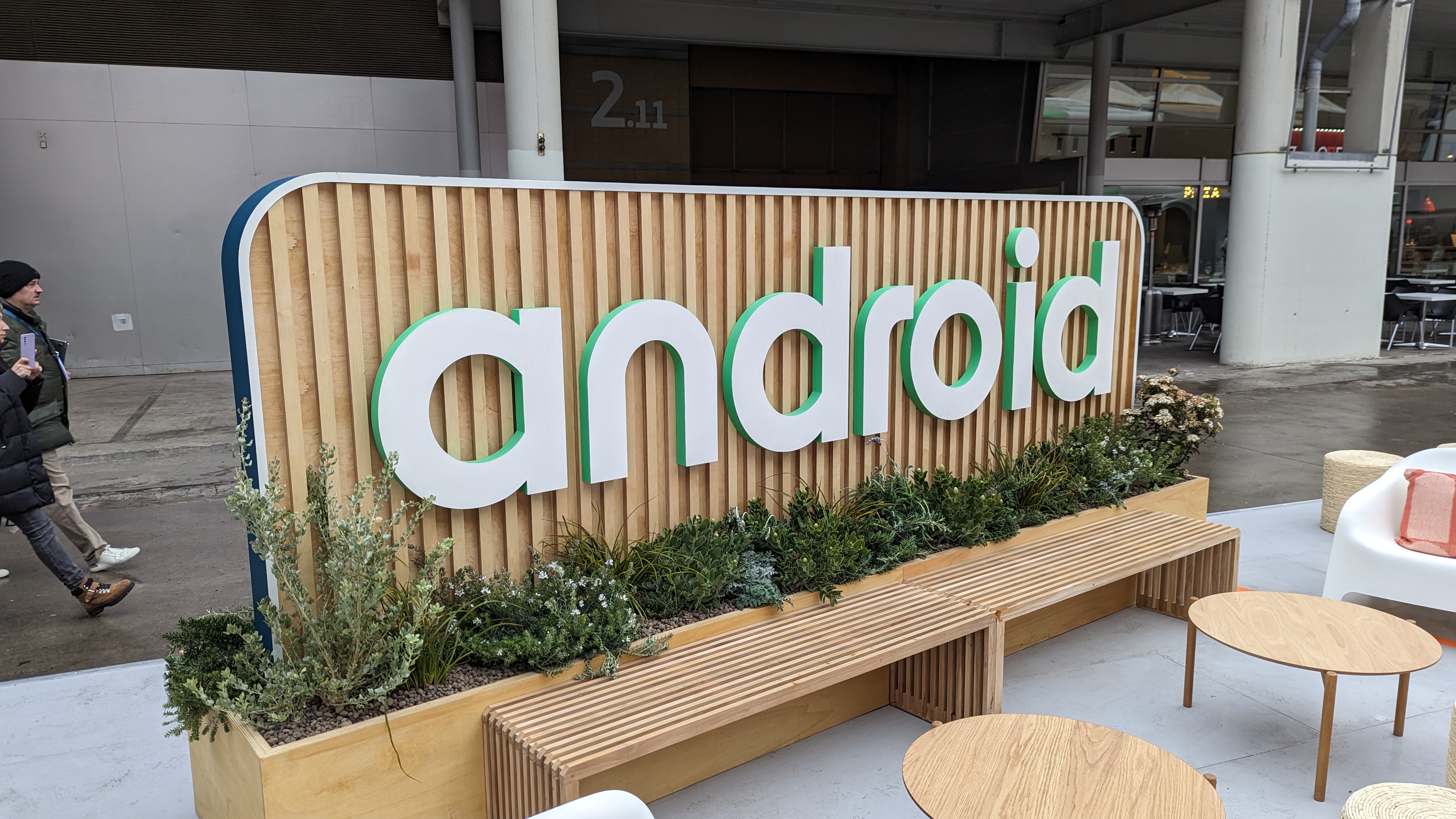I've been an Android user for almost 15 years — and Google's sideloading changes are pushing me back to iPhone
Ruining sideloading ruins what makes Android great

Here at Tom’s Guide our expert editors are committed to bringing you the best news, reviews and guides to help you stay informed and ahead of the curve!
You are now subscribed
Your newsletter sign-up was successful
Want to add more newsletters?

Daily (Mon-Sun)
Tom's Guide Daily
Sign up to get the latest updates on all of your favorite content! From cutting-edge tech news and the hottest streaming buzz to unbeatable deals on the best products and in-depth reviews, we’ve got you covered.

Weekly on Thursday
Tom's AI Guide
Be AI savvy with your weekly newsletter summing up all the biggest AI news you need to know. Plus, analysis from our AI editor and tips on how to use the latest AI tools!

Weekly on Friday
Tom's iGuide
Unlock the vast world of Apple news straight to your inbox. With coverage on everything from exciting product launches to essential software updates, this is your go-to source for the latest updates on all the best Apple content.

Weekly on Monday
Tom's Streaming Guide
Our weekly newsletter is expertly crafted to immerse you in the world of streaming. Stay updated on the latest releases and our top recommendations across your favorite streaming platforms.
Join the club
Get full access to premium articles, exclusive features and a growing list of member rewards.
Back in August, Google announced it would start implementing new rules for sideloading on Android, a change that would force developers to verify their identity in the name of "security." Needless to say, this has gone down like a house on fire, because it's a very Apple policy to introduce.
Which really defeats the purpose of having an Android phone. Freedom was always the best thing about Android, since it gave users the ability to have actual control over their device. If Google is going to scrap one of the most important pillars of that freedom, then I might as well just go out and buy an iPhone.
For the record, the last iPhone I owned and used regularly was an iPhone 3GS that I got rid of in 2011.
Google is adamant sideloading isn't going anywhere

Google has responded to the controversy, claiming that it won't be killing off the ability to sideload apps. Instead, it says that "our new developer identity requirements are designed to protect users and developers from bad actors, not to limit choice. We want to make sure that if you download an app, it’s truly from the developer it claims to be published by, regardless of where you get the app."
Which sounds an awful lot like the reasons Apple gave last year, when it revealed all the rules and regulations involved with third-party app installs on EU iPhones. Those rules were also put in place for "security," which itself has been a common excuse for Apple maintaining its walled garden for as long as it has.
Google added that "Verified developers will have the same freedom to distribute their apps directly to users through sideloading or through any app store they prefer." Though Android Police notes that the developer verification process does involve accepting Google's terms and conditions.
What happens if Google decides developers are in breach of those terms? Or if it decides to limit the number of people who can actually install an approved app? Those are the elements that people, including myself, are not happy with. If Google has the power to deny an app developer the opportunity to sideload on Android, then it crosses the line of telling people what they can and can't install on their devices.
Get instant access to breaking news, the hottest reviews, great deals and helpful tips.
Not only is that a serious overreach, I also resent the fact that Google is the next big tech company trying to hold our hands and treat its users like idiots.
I should be free to install whatever the heck I want without interference

The issue of bad actors trying to get people to install malicious software is nothing new. In fact, it's been a problem for as long as computers have had people install software that wasn't factory-loaded. It's why having solid and up-to-date antivirus software was (and still is) so important.
Even if you trusted the source of a piece of software, you could never be too careful. So having the right tools to combat it was a fact of life. Or, at least, it was if you had an ounce of common sense. Freedom of installation had its risks, but it arguably made having a home computer much more appealing — especially as digital distribution started becoming more commonplace.
If I wanted to install Bonzi Buddy on my machine, I could do that without Microsoft getting in the way. I'm not saying that would have been a very good idea, but I didn't have to ask permission from a multinational corporation. Unfortunately, on mobile, this idea seems to have vanished in favor of telling consumers what is and isn't acceptable software to have.
Apple has been doing it since the dawn of the App Store back in 2008, and that meant if you wanted to distribute software to iPhone users, you had to ask for Apple's approval and follow its rules — with the hope that it wouldn't change its mind in the future. Web browsers all had to be re-skinned versions of Safari until quite recently, adult content was straight-up banned, and you couldn't launch a cloud gaming service without first getting Apple's approval for every single game.
Google was not innocent in this, since Google Play had its own set of rules and restrictions for developers to contend with. But at least Google didn't restrict the ability to distribute and install app APKs. Now, that's going away. Because if you don't send your app through Google, you won't get onto Android.
No amount of reassurance about how this is actually a good thing for users is going to change the fact that Android is about to get a lot more closed off.
Bottom line

There are a lot of reasons why I've been firmly on team Android for so long — too many to list here. Needless to say, the freedom to choose what to do has been key among them, especially given how closed off and restrictive iOS was in the past. But as Apple has opened up its software to offer better user customization, the dividing line has always been the issue of sideloading.
There are so many benefits to being able to install your own software. I've installed apps that Google does not want people to know about, downgraded to older versions of software that removed key features, and accessed beta software before it rolled out to the App Store — just to name a few examples.
Sure, there are risks to this, and some Android users might not be comfortable with taking them, but you're not forced to do it. In fact, Google has a bunch of measures in place to ensure you can't accidentally sideload an app without deliberately meaning to.
Crucially, this openness is what helped set Android apart from the iPhone. Take all that away and, honestly, there isn't enough to differentiate the two platforms. Not anymore, at least. So if I'm being forced onto a sealed-off platform, where a giant corporation gets to decide which apps I can or can't have, then I wonder if I might as well switch back to the iPhone. At least iPhones have ad-blockers, and try to care about my privacy.
And if I can be swayed back to iPhone because of this change, after years of criticizing the platform, then I know darn well that I won't be alone.
Follow Tom's Guide on Google News and add us as a preferred source to get our up-to-date news, analysis, and reviews in your feeds. Make sure to click the Follow button!
More from Tom's Guide
- I’ve spent over two weeks with the iPhone 17 — here’s why I recommend it over the iPhone Air
- Samsung Galaxy S26 Ultra renders just leaked — and there's a disappointing camera rumor
- OnePlus 15 tipped to launch in China on October 27, and it steals something straight from the iPhone 16 Pro Max

Tom is the Tom's Guide's UK Phones Editor, tackling the latest smartphone news and vocally expressing his opinions about upcoming features or changes. It's long way from his days as editor of Gizmodo UK, when pretty much everything was on the table. He’s usually found trying to squeeze another giant Lego set onto the shelf, draining very large cups of coffee, or complaining about how terrible his Smart TV is.
You must confirm your public display name before commenting
Please logout and then login again, you will then be prompted to enter your display name.
 Club Benefits
Club Benefits










